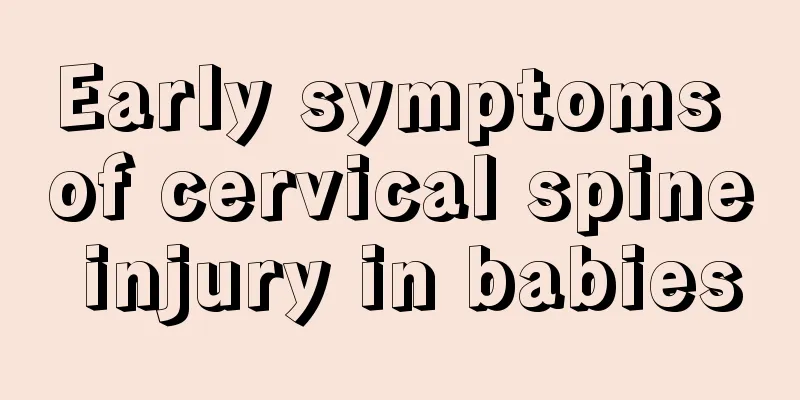Why does a child develop one breast, one larger than the other?

|
When girls enter puberty, their bodies begin to develop, especially secondary sexual characteristics, which begin to appear. When a girl's breasts begin to develop, they will slowly bulge out. During this process, she will feel a swelling sensation in her breasts, which is very normal. However, some girls have one larger breast than the other. So, what is the reason for a child to have one larger breast than the other? According to experts, the causes of asymmetrical breast development can be divided into physiological and pathological aspects. When girls are around 9 to 11 years old, their reproductive organs gradually begin to develop under the influence of endocrine system, and their breasts also begin to develop under the action of sex hormones. Generally speaking, the breasts of adolescent girls appear to be one big and one small. The common causes are: 1. The blood vessels, nerves, and hormone receptors on both sides of the breasts may be unevenly distributed, which is usually caused by the different sensitivity of a substance called "milk buds" in the breasts to estrogen and progesterone in the body. Second, asymmetrical limb activities can easily affect local blood circulation. For example, long-term physical exercises such as badminton, tennis, and shot put, which exercise one side of the upper limb or chest muscle, will lead to more unilateral muscle exercise, resulting in faster and stronger development of unilateral breast. 3. The influence of habitual posture. Long-term sleeping posture that leans to one side or lies prone, scoliosis when walking, or a posture with one shoulder higher than the other can all cause asymmetric breast development in girls. 4. If girls do not wear and choose appropriate bras in a timely manner during breast development, uneven breast development may also occur. For the physiological asymmetry of breast development that occurs during puberty in girls, the following matters should be noted: (1) Always pay attention to correct posture. When standing or walking, you should keep your head up, chest out, and abdomen in; when sleeping, you should lie on your side or back, not on your stomach, to avoid squeezing your breasts and affecting their development. (2) Do not bind your chest. Breast binding directly affects breast development. When development is close to maturity, you should wear a bra with appropriate tightness to avoid trauma and keep it clean. (3) Increase nutrition. Young girls should not diet blindly. They need to have a certain amount of fat tissue to keep their breasts full. (4) Strengthen exercise. Participate in appropriate physical exercise, especially swimming, as the massage effect of water on the breasts is beneficial to the even development of the breasts. (5) Do not misuse or abuse hormones and drugs. If you have passed puberty and your breasts are still unevenly developed, it is best to go to a regular hospital for examination and diagnosis. Asymmetric breast development may also occur due to congenital underdevelopment of one breast, acquired breast damage, trauma or inflammation of one breast, or a tumor or other lesion in one breast. For asymmetry caused by this pathological reason, corresponding treatment should be taken according to the condition of the primary disease. |
<<: Your baby has a bad taste in his mouth
>>: Can a one-year-old baby eat quail eggs?
Recommend
What should I do if my three and a half month old baby has a fever?
Adults feel uncomfortable when they have a fever,...
One week eight month old baby not talking
We all know that babies usually start to speak wh...
What should you pay attention to when a five-year-old child is changing teeth?
Children will start to change their teeth after r...
Things to note when red spots appear on your baby's face
Babies are the apple of their mother’s eye. Mothe...
When can children have their teeth straightened?
Children's bad teeth are a problem that worri...
Can children use cooling oil?
Mosquitoes are easy to breed in summer, and babie...
What to do if a child has a rash
We all know that every child will encounter sympt...
What medicine should I take for postnasal drip in children?
We all know that children's resistance is wea...
How to give first aid to a child who is angry and convulsing?
Some children suffer from epilepsy due to congeni...
Why is my eight-month-old baby crying in the middle of the night?
As the baby grows day by day, life gradually begi...
At what age is it appropriate for children to brush their teeth?
The human body's teeth are replaced once in c...
Why does the child's buttocks itch?
Generally speaking, children will definitely enco...
Two months old baby has bloodshot eyes
The phenomenon of bloodshot eyes in babies is usu...
What causes a baby's rapid breathing?
Rapid breathing in infants is a problem that many...
What to do if your one-year-old baby is zinc deficient
Everyone's body contains various elements, zi...









